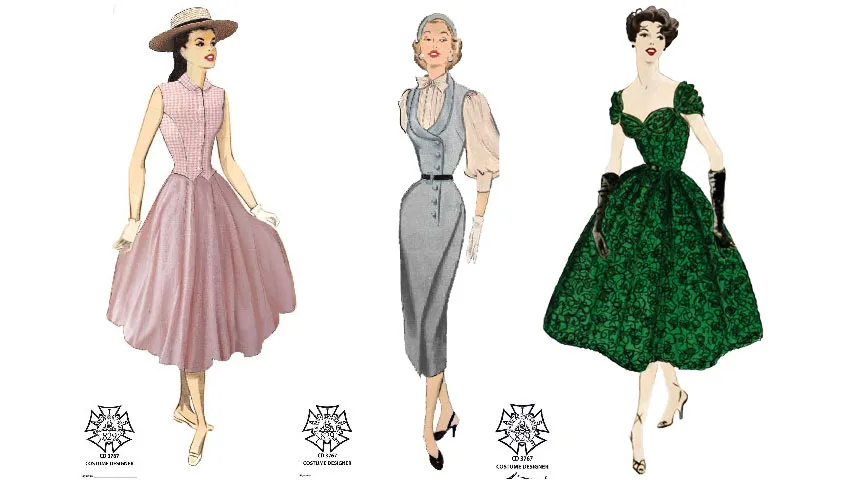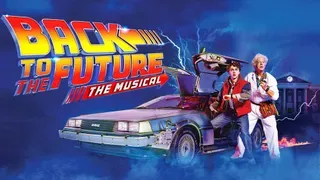September 9, 2015
Time Out of Mind
Kilian Melloy READ TIME: 4 MIN.
The Oren Moverman-directed (and co-written) "Time Out of Mind" plays like an indie film, uprooting any sense of place and time with long takes, tightly-framed compositions that erode specificity of location and action, and a steadfast refusal to make the film narratively easy.
To wit: It's not until more than an hour into the feature-length running time that we learn the main character's name; it takes longer still to piece together his story. But this is no amateur production. A-list stars crop up throughout, and everything about the film is deliberate and well produced. Its visual cues -- especially the color palette, which is alive with dots, dashes, washes, and swaths of red in just about every scene, along with a secondary emphasis on yellows -- create an infernal mood. This is Hell, and the lost soul drifting through it -- the man Moverman's camera follows -- is one of the damned, invisible to most eyes and without place in the world as most of us know it.
In other words, the protagonist is homeless. His name turns out to be George; he's played, with agonizing pathos and conviction, by Richard Gere (who also serves as a producer). George suffers from the ravages of alcoholism. He's unemployable; his memory is uncertain; his one remaining relationship with another human being is with his daughter Maggie (Jenna Malone), and that connection has long been strained beyond the breaking point. Still, he watches her from the street as she tends bar, and sends her family photos by way of a stranger he begs to deliver them; and she, while withholding sympathy, hands him a few bills now and again.
Redemption is not impossible, in other words, it's just pretty damn hard. That's true even of the decaying and overwhelmed social services that George turns to as the weather grows colder (and he pawns his warm overcoat for a few bucks in order to buy cheap beer). To get anything beyond a cot for a night, George will have to get a new Social Security card. To do that, he needs a birth certificate. But to get the birth certificate, he needs some other form of ID, like, say, a Social Security card. The facts of his situation -- mental illness, destitution, his wallet having long since been lost or stolen -- defy a system that seems to expect order, rationality, and proper paperwork from someone who has lost the ability to meet any of those requirements. "I'm starving," he complains to a social worker who's peppering him with questions who wonders if he has any additions. "I need to sleep. I'm addicted to sleep."
The shelter in which he finally finds a semblance of refuge is full of people who are hopeless, or unstable, or both. One cool character named Jack (Jeremy Strong), a veteran of the shelters, counsels George not to be baited into any sort of acting out, lest he be expelled from the shelter for a year. He's like a dead soul, fathomless and creepily placid. At the other extreme is the borderline-manic Dixon (Ben Vereen), who latches on to George and follows him everywhere, talking a mile a minute.
George is searching for someone else, though -- a woman named Sheila. When he finds her at last, it's not even Sheila, but a homeless woman named Karen (Kyra Sedgwick). She insists she's not Sheila; he doesn't even hear her denials. But he has beer, and he'll let her take the cans for redemption, so she doesn't care. Such is the social currency of life on the street.
Is the subject matter a downer? Is the film's erratic progress, and its many poignant, but hopeless, interactions depressing? Yes, fearlessly so, and that's by design. The movie has a plethora of points to make, but it makes them artfully, and with more honesty than you might expect; George is often viewed in reflections or through glass, his separation from everyday mainstream existence continually underscored. Meantime, snatches of conversation -- from people out of frame, people who don't fall into George's eye line, and to whom he remains persistently invisible -- dominate the soundtrack. The result is an eerie, and almost disembodied, portrait of a man reduced to a mere whisper of what he once was.
It's only when George puts the pieces of his life together enough to understand the gravity of his situation -- "Am I homeless? ... I am; I'm homeless" -- and then launches into a rant ("We don't exist! we're cartoons!") that the film feels heavy-handed. There's also a semi-upbeat, vaguely hopeful ending that doesn't quite feel earned or of a piece with what's come before. The presence of so many Hollywood names -- Steve Buscemi joins the list of stars mentioned above in a cameo -- almost gives this film the air of a pet project, but in the end that doesn't matter. This is a film you might want to forget, but won't be able to.
Kilian Melloy serves as EDGE Media Network's Associate Arts Editor and Staff Contributor. His professional memberships include the National Lesbian & Gay Journalists Association, the Boston Online Film Critics Association, The Gay and Lesbian Entertainment Critics Association, and the Boston Theater Critics Association's Elliot Norton Awards Committee.







